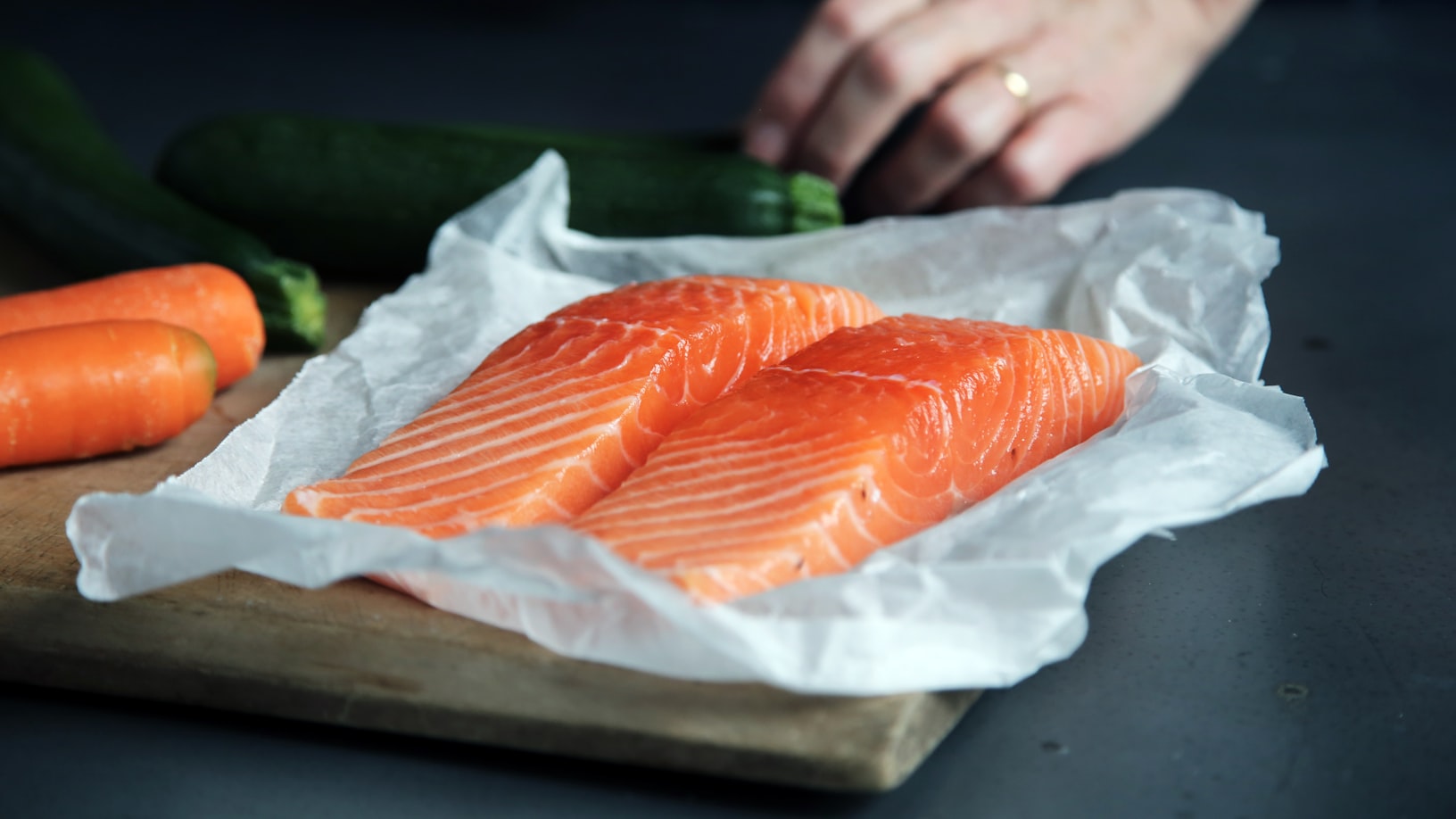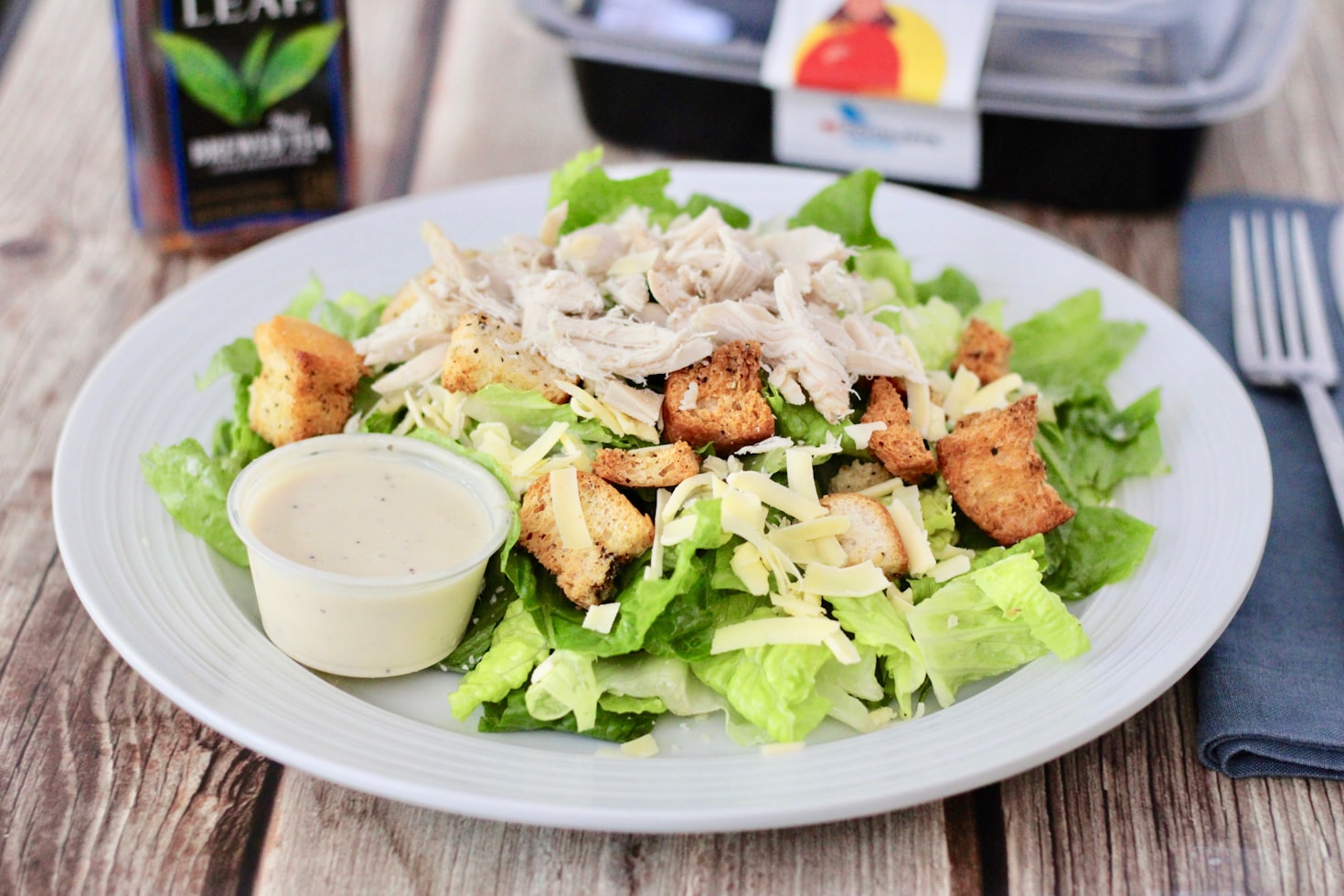Best Fats for Keto: A Comprehensive Guide
The ketogenic diet, or keto diet, has gained significant popularity in recent years due to its potential benefits for weight loss, improved mental clarity, and increased energy levels. This low-carb, high-fat diet focuses on consuming foods that promote ketosis, a metabolic state where the body burns fat for fuel instead of carbohydrates.
One of the key components of the keto diet is the consumption of healthy fats. These fats not only provide a source of energy but also play a crucial role in maintaining overall health. In this article, we will explore the best fats for keto, their benefits, and how to incorporate them into your diet.
The Importance of Healthy Fats on Keto
Contrary to popular belief, not all fats are created equal. While unhealthy fats, such as trans fats and refined vegetable oils, can have detrimental effects on health, healthy fats are essential for the success of the keto diet. Here are some reasons why healthy fats are important on keto:
- Energy Source: On a keto diet, the primary source of energy comes from fats. Consuming healthy fats ensures that your body has a sufficient supply of fuel to maintain ketosis.
- Nutrient Absorption: Many essential vitamins and minerals are fat-soluble, meaning they require fat for proper absorption. Including healthy fats in your diet helps your body absorb these nutrients effectively.
- Satiety: Fats are more satiating than carbohydrates, helping you feel fuller for longer. This can aid in reducing cravings and overeating, making it easier to stick to your keto diet.
- Hormone Regulation: Healthy fats play a crucial role in hormone production and regulation. They are necessary for the synthesis of hormones such as testosterone, estrogen, and cortisol.
- Brain Health: The brain is composed mainly of fat, and consuming healthy fats supports optimal brain function. It can improve mental clarity, focus, and overall cognitive performance.
Best Fats for Keto
When following a keto diet, it is important to choose fats that are not only low in carbohydrates but also provide a range of health benefits. Here are some of the best fats to include in your keto diet:
1. Avocado
Avocado is a versatile and nutrient-dense fruit that is rich in monounsaturated fats. It is an excellent source of healthy fats, fiber, and various vitamins and minerals. Avocado oil is also a great option for cooking due to its high smoke point.
2. Coconut Oil
Coconut oil is a staple in the keto diet due to its high content of medium-chain triglycerides (MCTs). MCTs are easily converted into ketones, making them a quick source of energy for the body. Coconut oil also has antimicrobial properties and can support gut health.
3. Olive Oil
Olive oil is a heart-healthy fat that is rich in monounsaturated fats and antioxidants. It has been associated with numerous health benefits, including reduced inflammation, improved heart health, and better blood sugar control.
4. Grass-Fed Butter and Ghee
Butter and ghee (clarified butter) from grass-fed cows are excellent sources of healthy fats and fat-soluble vitamins. They are also rich in conjugated linoleic acid (CLA), a fatty acid that has been linked to weight loss and improved body composition.
5. Fatty Fish
Fatty fish, such as salmon, mackerel, and sardines, are not only rich in omega-3 fatty acids but also provide a good source of protein. Omega-3 fatty acids have been shown to reduce inflammation, support heart health, and improve brain function.
6. Nuts and Seeds
Nuts and seeds, such as almonds, walnuts, chia seeds, and flaxseeds, are packed with healthy fats, fiber, and essential nutrients. They make for a convenient and nutritious snack option on the keto diet.
Frequently Asked Questions (FAQ)
1. Can I consume saturated fats on a keto diet?
Yes, saturated fats can be consumed on a keto diet. While there has been some controversy surrounding saturated fats in the past, recent research suggests that they do not have a significant impact on heart health when consumed as part of a balanced diet.
2. Are there any fats I should avoid on a keto diet?
Yes, there are some fats that should be limited or avoided on a keto diet. These include trans fats, hydrogenated oils, and highly processed vegetable oils like soybean and corn oil. These fats can increase inflammation and have negative effects on overall health.
3. How much fat should I consume on a keto diet?
The amount of fat you should consume on a keto diet depends on your individual goals and caloric needs. However, a general guideline is to aim for 70-75% of your daily calories to come from fat. It is important to focus on consuming healthy fats rather than just increasing overall fat intake.
4. Can I lose weight on a keto diet without consuming fats?
The keto diet relies on the consumption of fats for energy and to maintain ketosis. While it is possible to lose weight on a low-carb diet without consuming high amounts of fat, it may not be sustainable or provide the same benefits as a well-formulated keto diet.
5. Can I use vegetable oils on a keto diet?
Vegetable oils, such as canola, soybean, and corn oil, are highly processed and often contain unhealthy trans fats. It is best to avoid these oils on a keto diet and opt for healthier alternatives like olive oil, avocado oil, or coconut oil.
6. Can I consume dairy fats on a keto diet?
Dairy fats, such as butter and ghee, can be consumed on a keto diet. However, it is important to choose high-quality sources, such as grass-fed butter, to ensure you are getting the best nutritional value. Some individuals may also need to consider their tolerance to dairy products.
Summary
Choosing the right fats is crucial for the success of a keto diet. Healthy fats provide energy, support nutrient absorption, promote satiety, regulate hormones, and enhance brain health. Avocado, coconut oil, olive oil, grass-fed butter, fatty fish, and nuts and seeds are some of the best fats to include in your keto diet. It is important to avoid unhealthy fats, such as trans fats and highly processed vegetable oils. By incorporating these healthy fats into your diet, you can optimize your keto journey and reap the numerous benefits it offers





